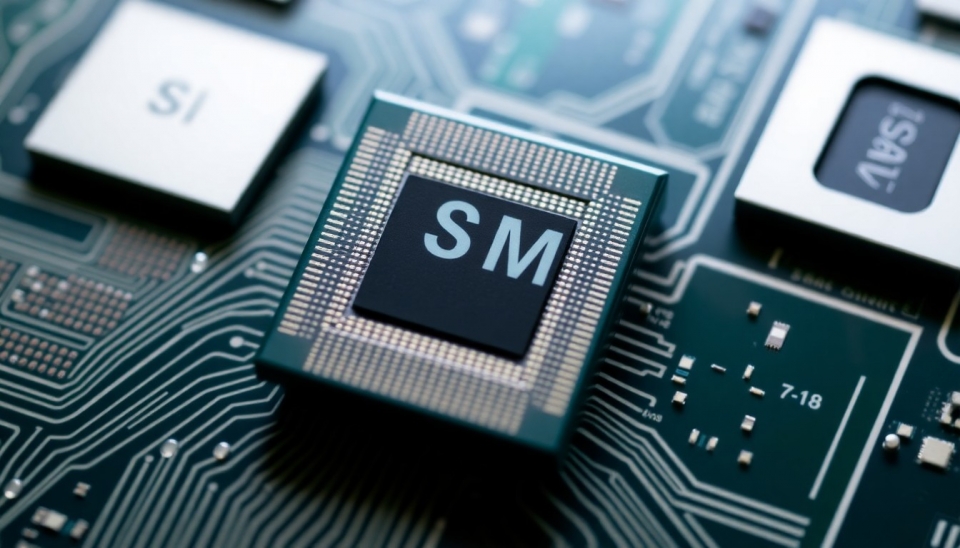
In a significant shift in its geopolitical strategy, the United States government has announced plans to exert pressure on leading semiconductor manufacturers TSMC (Taiwan Semiconductor Manufacturing Company) and Samsung to limit their sale of advanced chips to China. This initiative marks a key component of the U.S. strategy to curb China's technological advancements, particularly in sectors deemed crucial for national security.
The push comes as the U.S. grapples with concerns over Beijing's growing capabilities in semiconductor technology, which are integral to various industries, including artificial intelligence, telecommunications, and defense. Recent assessments have raised alarms about China's ambitions to become a self-sufficient powerhouse in semiconductor manufacturing. As a result, American officials, including those from the Department of Commerce, are intensifying their scrutiny on major chip manufactures that have a significant presence in China.
While TSMC and Samsung have long been recognized as leaders in semiconductor production, they also maintain extensive supply chains and partnerships within China. The U.S. government appears poised to leverage its regulatory authority to minimize these companies’ exposure to the Chinese market. This includes likely implementation of tighter export controls and requirements for greater transparency about the flow of chips and technology to Chinese firms.
The ramifications of these restrictions could be profound, not only impacting the operational frameworks of TSMC and Samsung but also affecting global supply chains. Experts warn that escalating tensions between the U.S. and China in the semiconductor arena could lead to increased prices for consumers and businesses worldwide as supply becomes constrained. Furthermore, a more fragmented global semiconductor market could emerge as companies seek to navigate these evolving diplomatic landscapes.
In light of these developments, industry insiders emphasize that the U.S. is positioning itself to dictate the pace and direction of global semiconductor innovation, attempting to prevent potential adversaries like China from gaining a foothold in critical technological domains. This strategy echoes past initiatives aimed at safeguarding American innovation and securing technological advantages against foreign competition.
The U.S. initiative is likely to face pushback, not only from Beijing but also from global market players that rely on integration with Chinese manufacturers. Balancing national security interests with global trade dynamics will be a challenge as these negotiations evolve.
As the situation unfolds, stakeholders in both the U.S. and international semiconductor industry will need to remain vigilant, assessing the impacts and potential policy adjustments that may arise from these developments. The coming weeks and months could prove pivotal for TSMC, Samsung, and the broader technology landscape as the United States navigates its complex relationship with China.
In summary, the U.S. is taking decisive action to tighten the flow of chips to China by calling on industry giants TSMC and Samsung to comply with new restrictions. This move highlights the ongoing battle for technological supremacy and its implications for global trade and security.
#USTechnology #Semiconductor #TSMC #Samsung #ChinaRelations #NationalSecurity #TechNews
Author: John Miller


